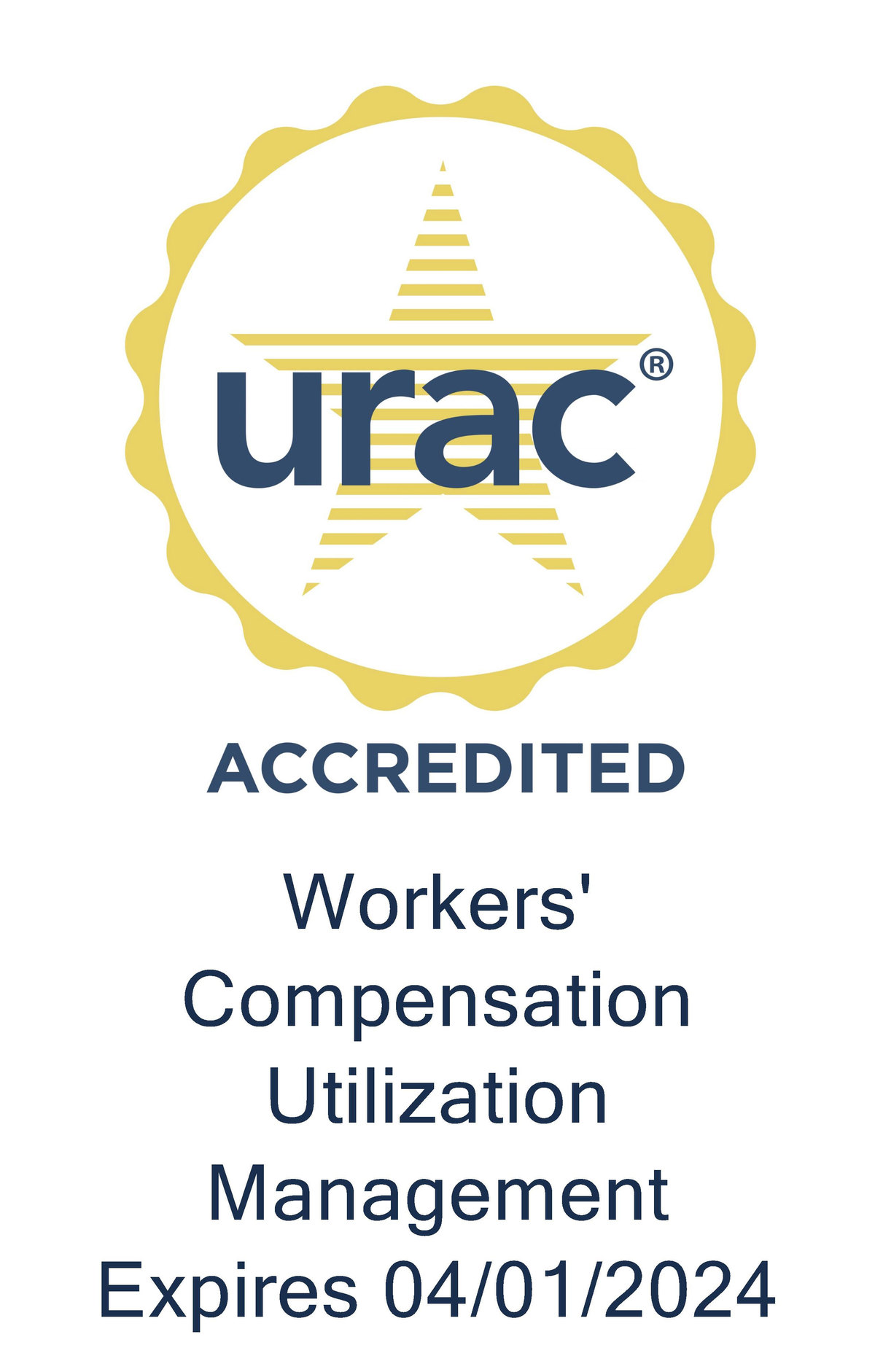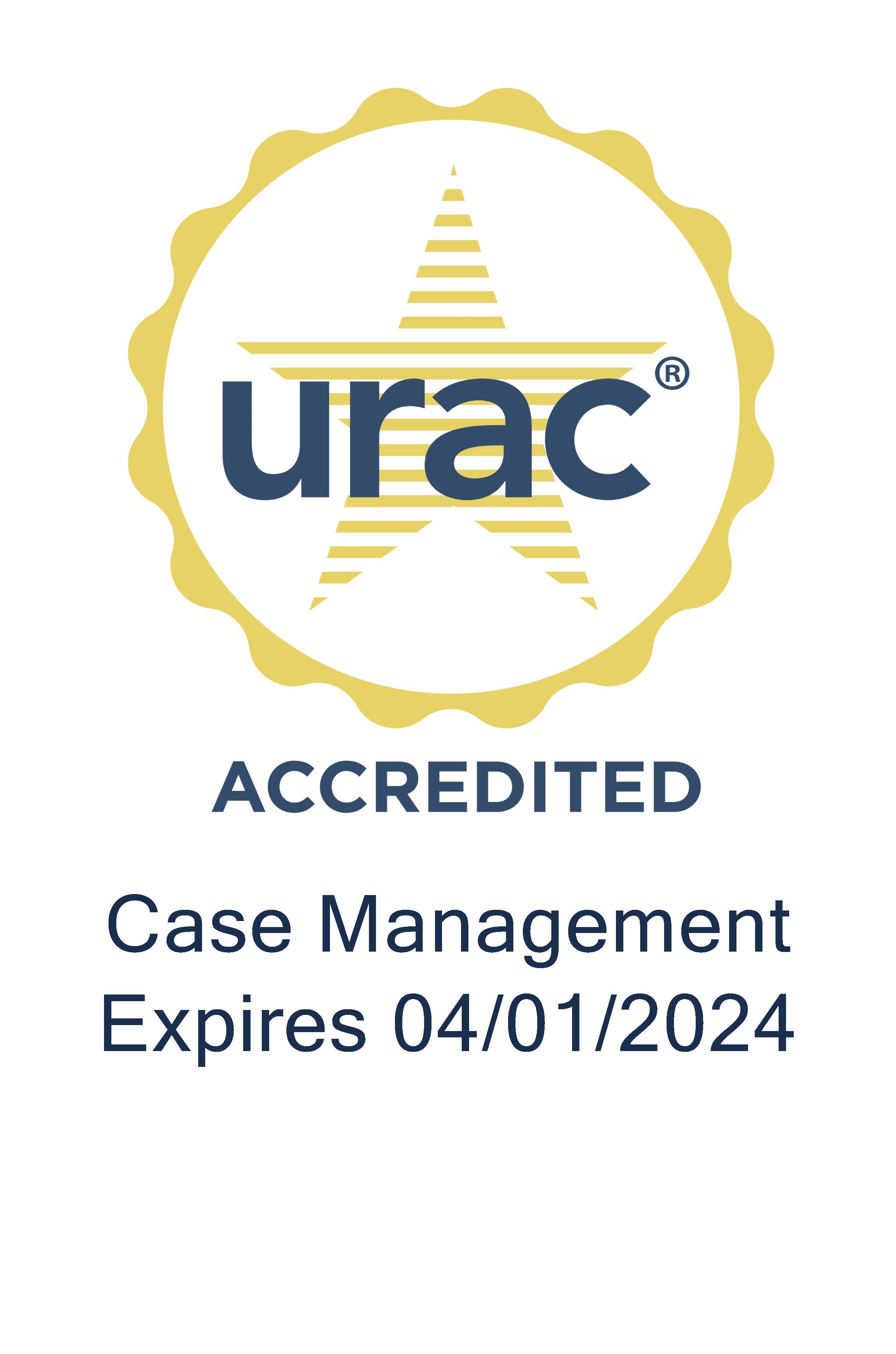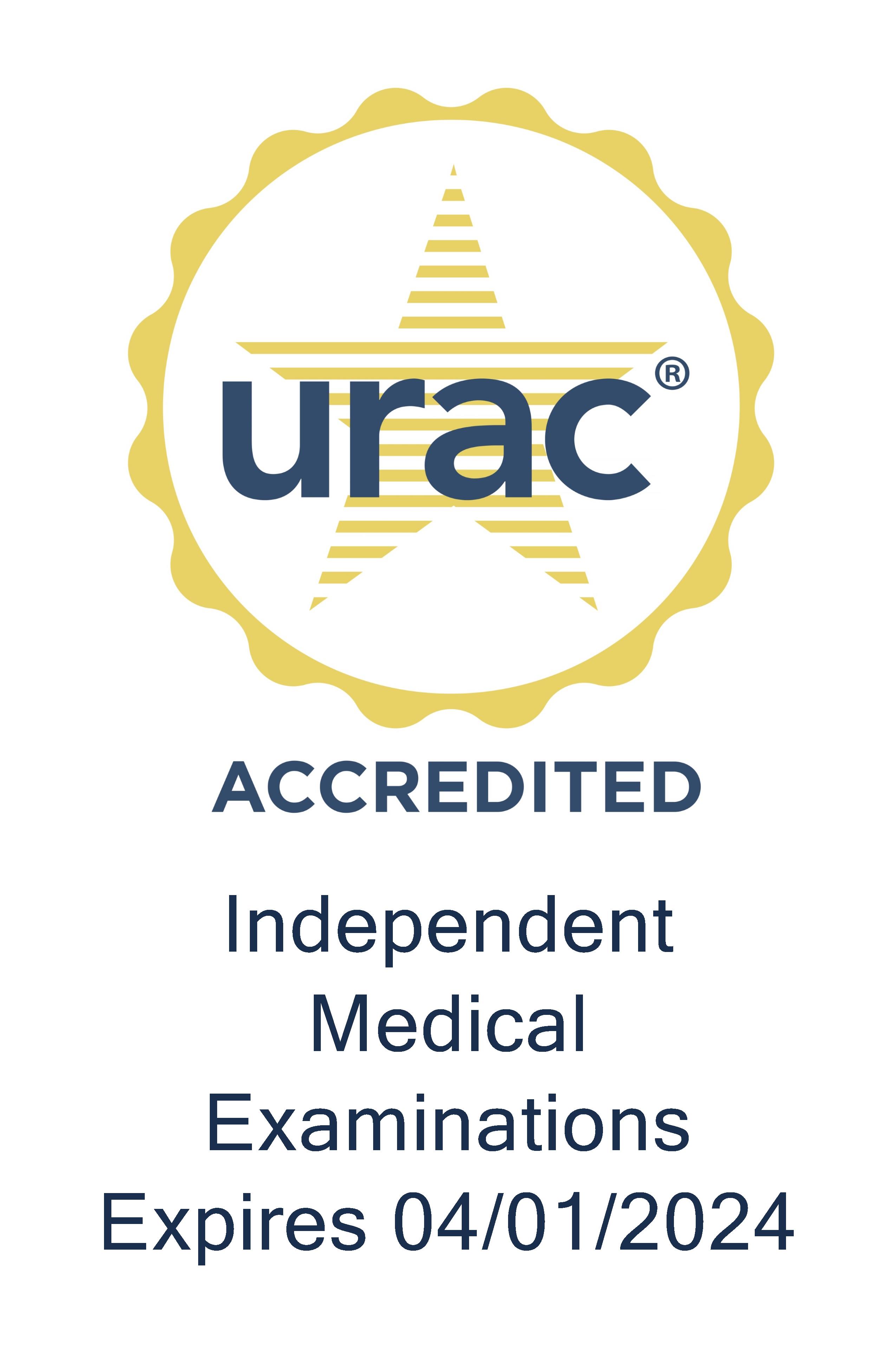A world on lockdown receives a much-needed reminder on the value of nurses
Predicting the impact of health risks around the globe has been the World Health Organization’s (WHO) job since its inception more than 70 years ago. But when WHO officials announced 2020 as the “International Year of the Nurse and the Midwife” it wasn’t based on a premonition that a pandemic would soon bring these unheralded caregivers to the forefront. Instead, it was prompted by the 200th birthday of modern nursing's mother, Florence Nightingale.
It’s not surprising that Nightingale’s career and the roots of today’s nursing practice were founded in response to another crisis, the Crimean War of the 1850s. When she arrived at the main British base camp (in modern-day Istanbul), Nightingale discovered thousands of wounded British soldiers dying not from injuries, but illnesses caused by unsanitary conditions such as typhus, typhoid, cholera and dysentery. It’s been said that Nightingale’s efforts to improve hygienic practices, including implementing hand-washing in the war hospital where she worked, reduced the death rate from 42% to 2%.
Continuing the Legacy
That same dedication to improving lives has been a hallmark of the nursing profession. When faced with the specter of war, pandemic and natural disaster, nurses are often among the first to arrive to heal and provide comfort to the afflicted. As we celebrate this year’s National Nurses Week (May 6-12), nurses, including case managers, are again on the front lines of a pandemic, risking their own lives to help others.
While the world pauses in the face of coronavirus, workers’ comp case managers keep going, never breaking their commitment to restore lives interrupted by workplace injury. They’re using their critical thinking skills to overcome numerous obstacles such as closed provider offices, locked-down facilities and anxious claimants fearing contagion.
Examples of their determination are everywhere. Take, for instance, the field case manager who used her long-term relationships with local facility administrators to gain access and meet with an injured employee recovering from ENT surgery soon after the hospital initiated visitor restrictions due to COVID-19. She then persuaded the man’s ENT surgeon, who was hesitant to return to the hospital after the lockdown, to perform a follow-up visit at the facility so the injured employee could be successfully discharged.
Case managers are also taking extraordinary measures to prevent those in their charge from being the next COVID victim. When a field case manager learned an older claimant recovering from a pelvic fracture had been living in her car, she worked closely with the adjuster to transfer the injured employee to a nice rehab facility and, ultimately, a permanent residence.
We’ve also seen how face-to-face case manager contact, even when it’s 6 feet apart and from behind a mask, can also go a long way in motivating a pandemic-anxious injured worker to summon the courage and show up for much-needed surgery to aid in his recovery.
Personal connections are also being made telephonically, as case managers are remotely managing cancelled appointments and instructing injured workers how to protect themselves from coronavirus during doctor’s office visits and reducing anxiety through education. While still other nurses in workers’ comp are using their research expertise to develop COVID-19 guidelines to help guide the practice of case managers and providers during the pandemic.
How will you remember them?
With all the anxiety, anger, helplessness and sorrow this pandemic has brought us, it has also delivered a much-needed daily reminder of the crucial role nurses play in our lives, in every aspect of society. For these professionals, it doesn’t feel like heroism, they merely regard it as doing the job they were conditioned to do — making our lives better. It’s nice to see how the world has embraced nurses during this pandemic but, if we truly want to honor them, let’s never take them for granted again.






